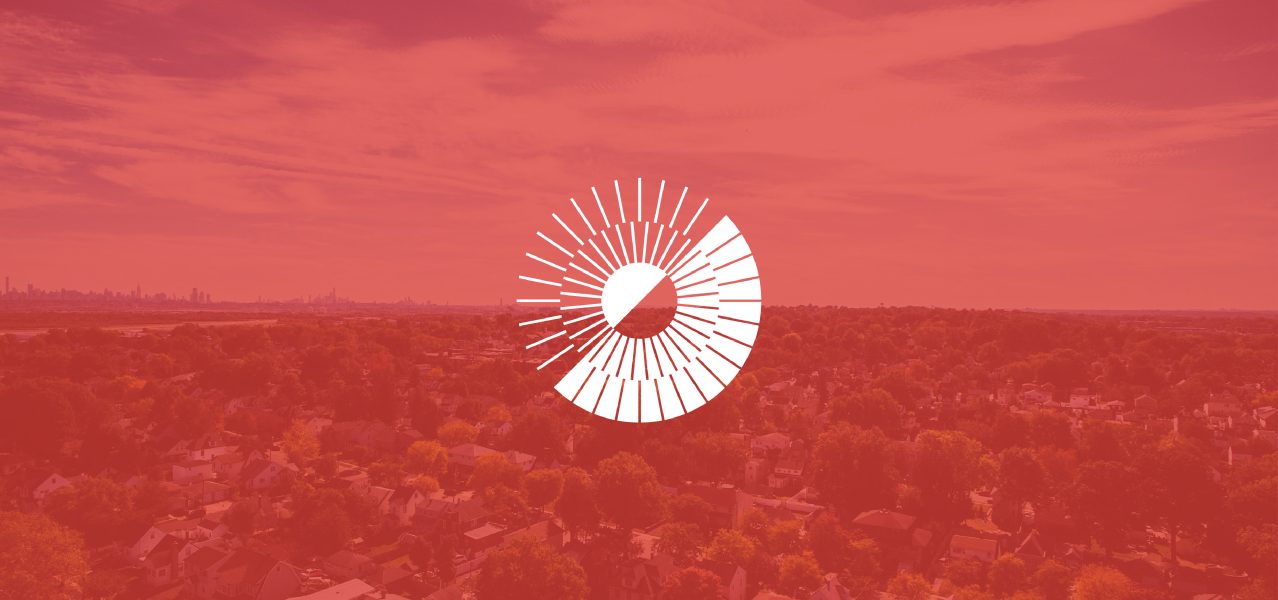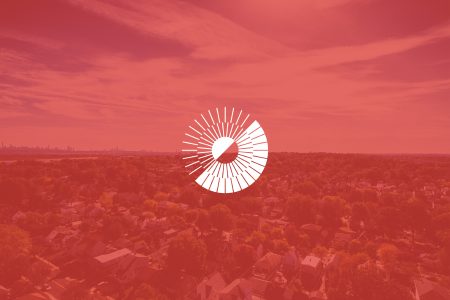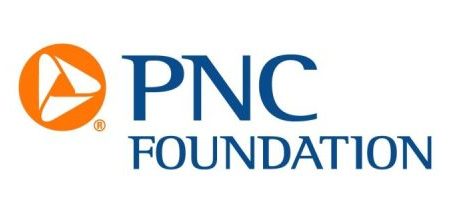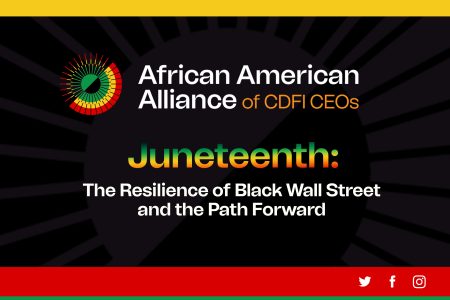The Fight for Financial Justice: The CFPB, the Supreme Court, and Black America’s Future
When the financial storm of 2007-2008 hit, it was not just a Wall Street crisis; it was a Main Street catastrophe. And let us be clear: Black Main Street bore the brunt. The predatory lending that fueled this crisis was not just bad economics; it was a moral failing. It robbed people of their homes; it stole their dreams; it deepened the racial wealth gap. It has left scars on Black communities that still have not healed.
Remember those subprime loans? Those ticking time bombs with seductive low rates? They were not just bad deals. They were traps, often set for Black folks. Lured by the promise of homeownership, many found themselves ensnared by skyrocketing rates, leading to a spiral of debt, foreclosure, and despair.
Enter The Consumer Financial Protection Bureau (CFPB). Birthed from the Dodd-Frank Act, it was designed to be a watchdog with teeth, free from the political circus. An institution that said, “Never again.” Its mission? Simple but powerful: protect everyday folks from the financial sharks. And for Black America, this protection was not just necessary; it was a financial lifeline. Historical injustices have made Black neighborhoods prime targets for these predatory lenders. With the CFPB on the watch, however, there was hope for fairness, equity and justice.
Yet, here we stand, at a crossroads, with that lifeline under threat. The challenge to the CFPB’s funding by the 5th Circuit, now under the Supreme Court’s scrutiny, could pull the rug out from under the CFPB. Make no mistake, this is not just a legal debate. It is a battle for the soul of financial justice in America. And the implications? They are seismic, especially for Black America
1.The Domino Effect of Nullifying CFPB Rules
Imagine a world where the CFPB’s rules, painstakingly crafted to shield consumers, are suddenly in jeopardy. Over 100 rules, touching everything from mortgages to payday loans, could be on the chopping block. For Black communities, who have found solace in regulations like those against predatory payday lenders, this is a nightmare scenario. If the Supreme Court sides against the CFPB, we could be staring down a legal maze where these protections are contested, diluted, or even discarded.
2. The Ripple Effect on Black Lives
The potential unraveling of the CFPB’s rules is not just a policy issue. It is about lives. It is about Black lives. Without these shields, we risk a resurgence of the very predatory lending that once wreaked havoc on our communities. It is about Black families once again being preyed upon by unscrupulous lenders. It is about the return of the dark days of deceptive mortgages. It is about Black folks, already under the weight of aggressive debt collectors, having that weight doubled, tripled. Without the CFPB’s oversight, it could get even worse.
3.The Bigger Picture: Financial Regulation at Risk
This is not just about the CFPB. A ruling against its funding could send shockwaves across the financial regulatory landscape. Other watchdogs with similar funding structures – the Federal Reserve, the Federal Deposit Insurance Corporation, the Office of the Comptroller of the Currency, and the National Credit Union Administration – could be next in line. The result? Potential chaos in our financial markets, with Black communities, often the first to bear the brunt, facing even steeper economic hurdles.
4.The Fight for Independence
The CFPB’s power lies in its independence. Free from political games, it can truly serve as a champion for the people. But if the Supreme Court challenges its foundation, we risk a future where political winds, not justice, guide our financial protections. For Black America, this could mean the erosion of hard-won protections.
***
This is not just a legal showdown; it is a moral one. The CFPB stands as a guardian for Black America against financial predators. As the Supreme Court deliberates, we must remember that this is not just about the CFPB or its funding structure. It is about the promise of a fair financial future for Black America. The stakes? They could not be higher, and the legacy of this decision will echo for generations.




